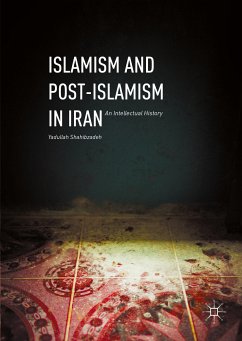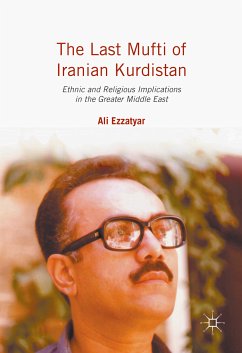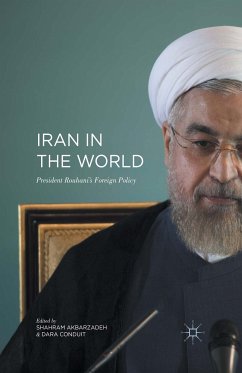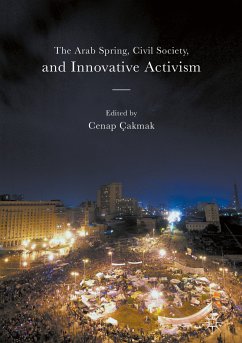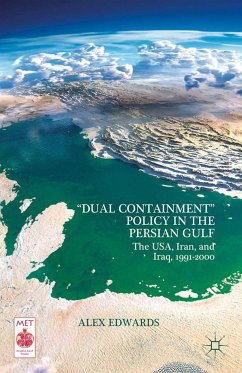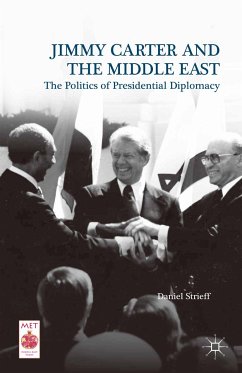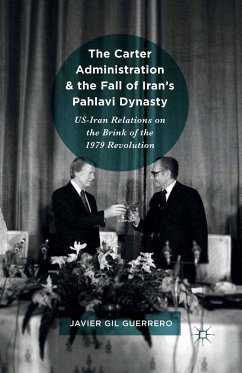
The Carter Administration and the Fall of Iran's Pahlavi Dynasty (eBook, PDF)
US-Iran Relations on the Brink of the 1979 Revolution
Versandkostenfrei!
Sofort per Download lieferbar
112,95 €
inkl. MwSt.
Weitere Ausgaben:

PAYBACK Punkte
56 °P sammeln!
This book is a tale of loss: the loss of Iran as America's main ally and agent in the Middle East and the downfall of the short-lived Pahlavi monarchy and America's inability and unwillingness to prevent its demise. Khomeini's triumph altered America's perception of Islam and fundamentally changed its relationship with Iran.
Dieser Download kann aus rechtlichen Gründen nur mit Rechnungsadresse in A, B, BG, CY, CZ, D, DK, EW, E, FIN, F, GR, HR, H, IRL, I, LT, L, LR, M, NL, PL, P, R, S, SLO, SK ausgeliefert werden.





